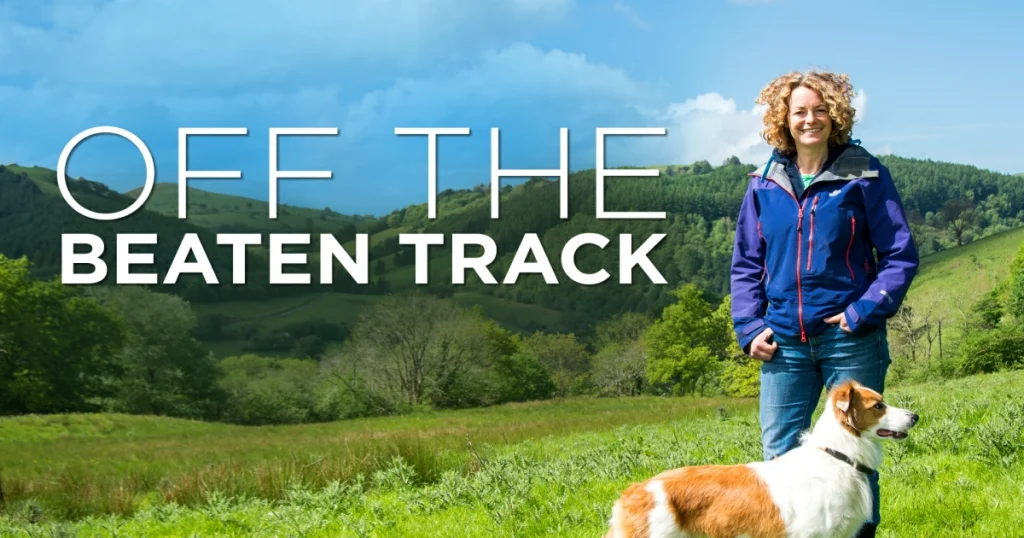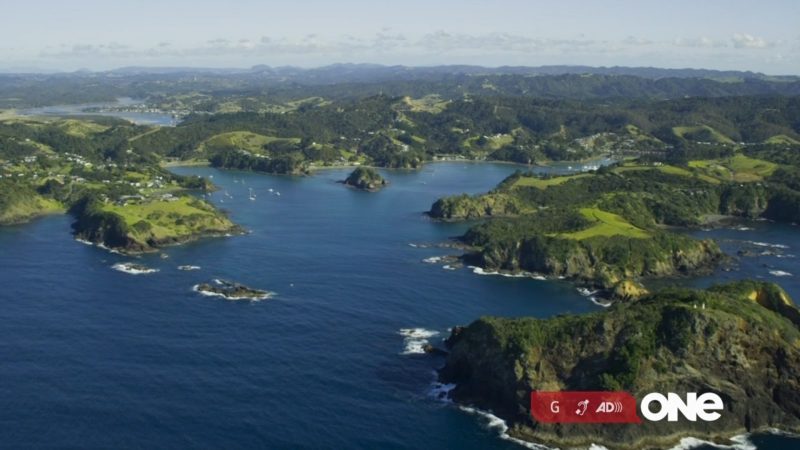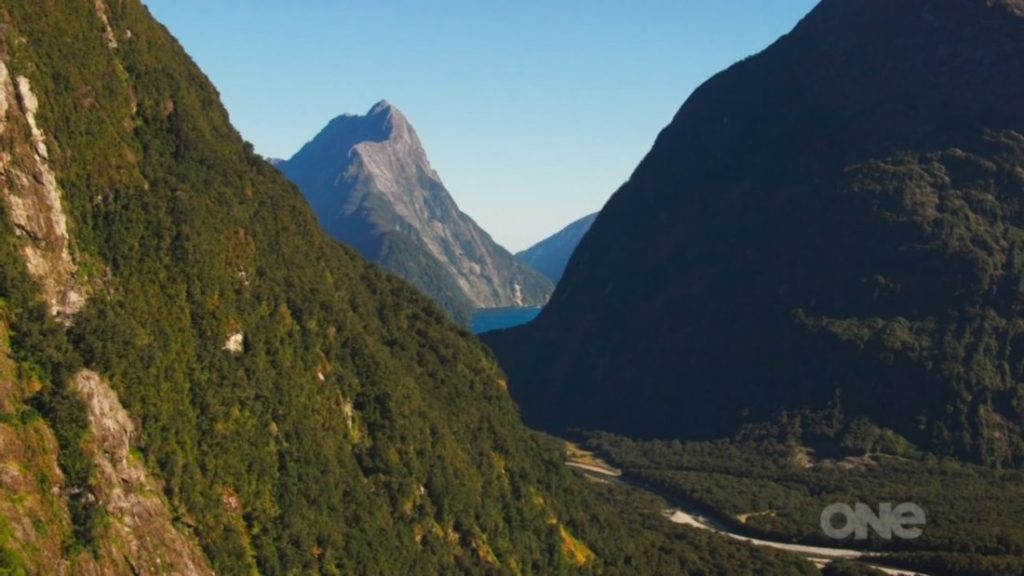Kate Humble: Off the Beaten Track episode 6: In mid Wales, Kate and Teg get a taste of Stone Age life, mucking in with a farmer and an archaeologist who are building a medieval settlement to bring to life the past in order to understand how we used to live, and perhaps serve as a way to move forward. Next, they explore the potential death traps of our historical legacies at an old lead mine, where the South and Mid Wales Cave Rescue Team practise their skills using Teg as the damsel in distress.
Kate learns about the plight of Welsh mountain ponies, whose numbers have dropped from the thousands to just a few hundred, by meeting one of the last breeders in Wales, whose family have been doing it since the 1800s. Finally, Kate discovers her legs are built for walking when she tries mountain biking in the Brecon Beacons National Park, powering her way up 2,358 feet towards the top of Fan-Y-Big.
Kate Humble: Off the Beaten Track episode 6
Katherine Mary Humble is an English television presenter and narrator, mainly working for the BBC, specialising in wildlife and science programmes. Humble served as President of the RSPB from 2009 until 2013. She is an ambassador for the UK walking charity Living Streets.
Wales
Wales is a country that is part of the United Kingdom. It is bordered by England to the east, the Irish Sea to the north and west, and the Bristol Channel to the south. It had a population in 2011 of 3,063,456 and has a total area of 20,779 km2 (8,023 sq mi). Wales has over 1,680 miles (2,700 km) of coastline and is largely mountainous with its higher peaks in the north and central areas, including Snowdon (Yr Wyddfa), its highest summit. The country lies within the north temperate zone and has a changeable, maritime climate.
Welsh national identity emerged among the Britons after the Roman withdrawal from Britain in the 5th century, and Wales is regarded as one of the modern Celtic nations. Llywelyn ap Gruffudd’s death in 1282 marked the completion of Edward I of England’s conquest of Wales, though Owain Glyndŵr briefly restored independence to Wales in the early 15th century. The whole of Wales was annexed by England and incorporated within the English legal system under the Laws in Wales Acts 1535 and 1542.
Distinctive Welsh politics developed in the 19th century. Welsh Liberalism, exemplified in the early 20th century by David Lloyd George, was displaced by the growth of socialism and the Labour Party. Welsh national feeling grew over the century; a nationalist party, Plaid Cymru was formed in 1925, and the Welsh Language Society in 1962. Established under the Government of Wales Act 1998, the Senedd (the Welsh Parliament, formerly known as the National Assembly for Wales) is responsible for a range of devolved policy matters.




